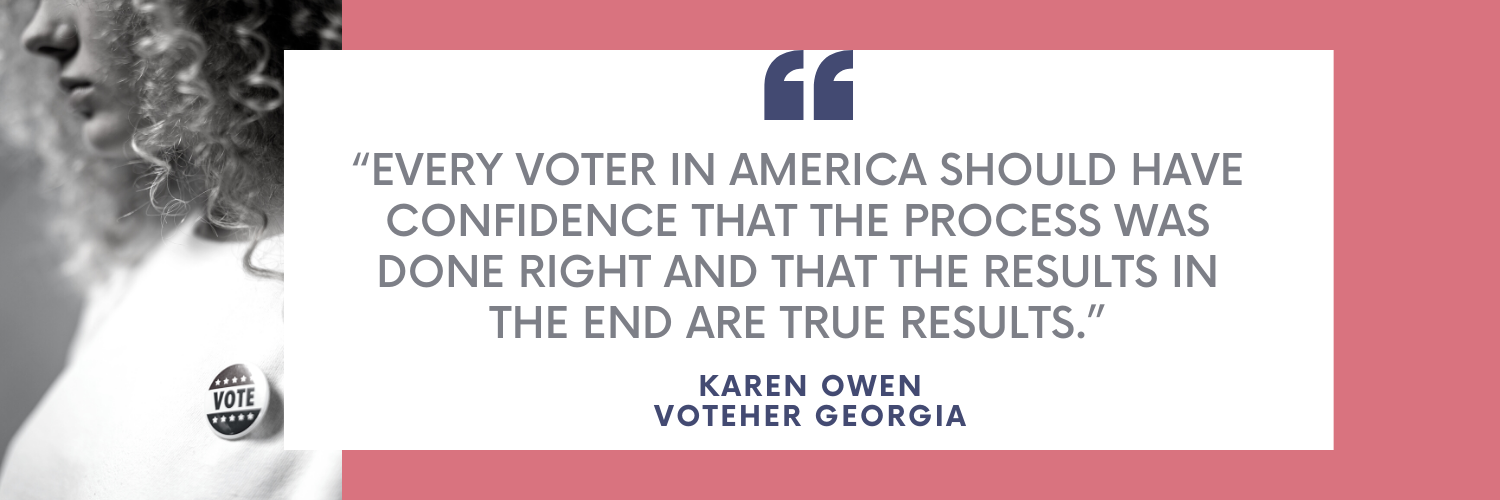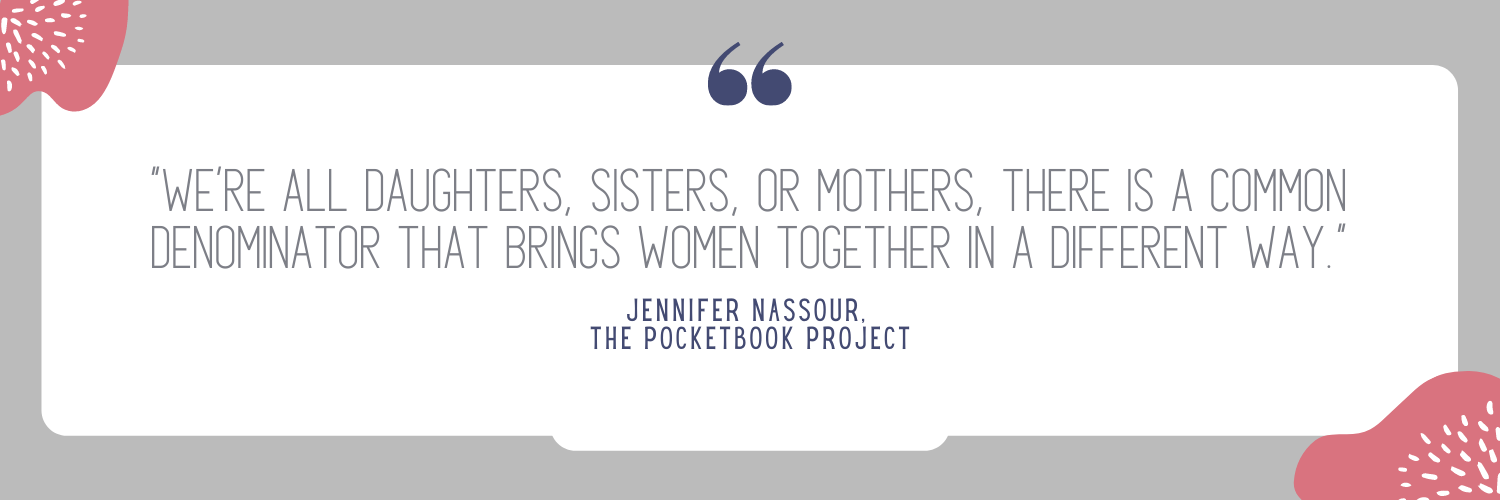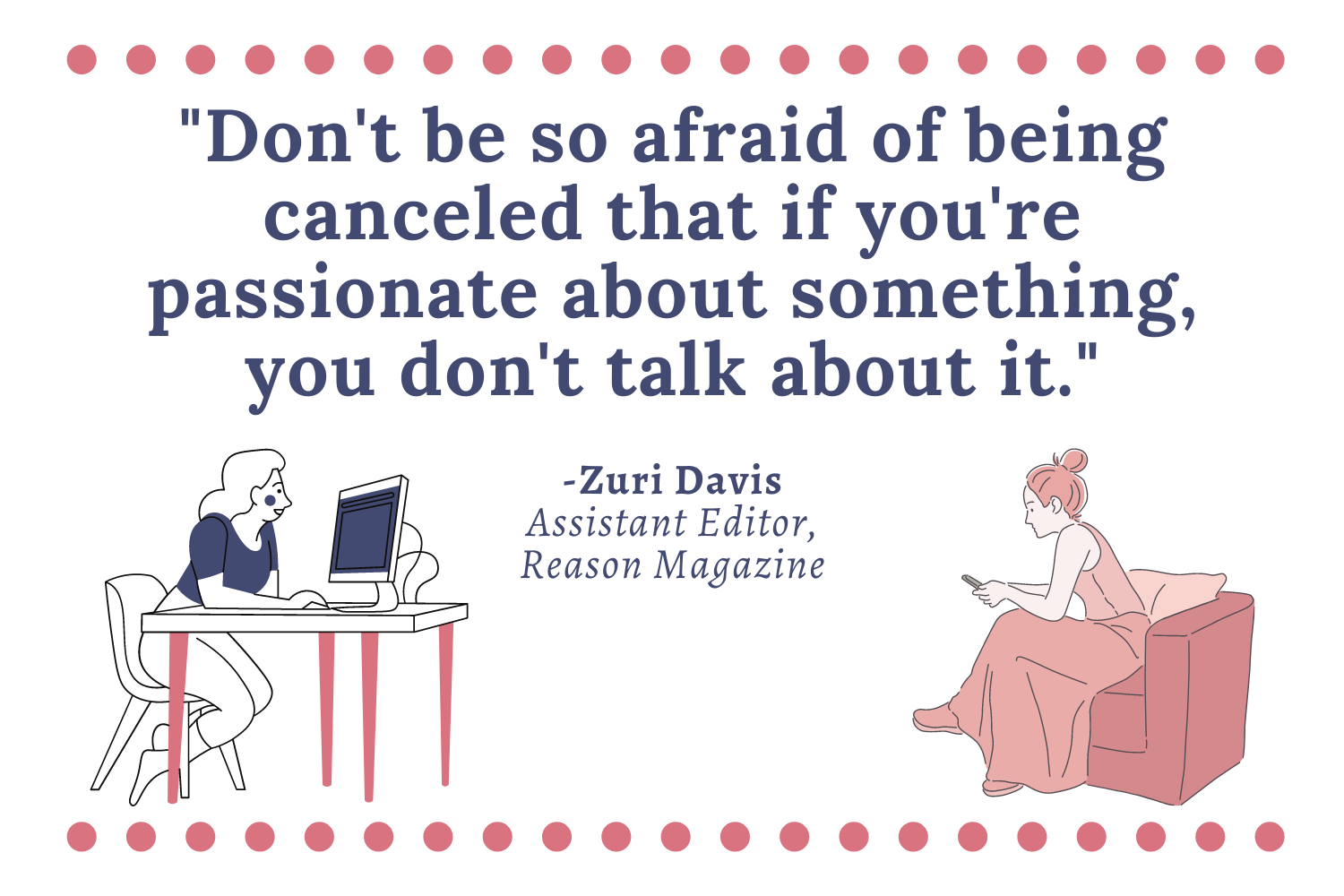More Than Just a Vote: Five Important Ways to Get Engaged on and After Election Day
Even though the November elections are over, it is still important that citizens stay engaged in the political process by continuing to put in hard work for candidates and their local election commissions. A number of runoffs will be held around the country in December and January, and there will be many state and local elections in 2021 and 2022. Each of us has the opportunity to ensure that our electoral process runs smoothly, and the voices of the American people are heard loud and clear. Please check out these amazing ways to stay engaged on and after election day!
Become a poll worker
Historically, more than half of all election volunteers are over the age of 60, but because of the COVID-19 pandemic it is no longer safe for them to work at polling locations, especially if they have a pre-existing health condition. This means there is a crucial need for young, healthy poll workers to ensure that everyone has the opportunity to vote.
Almost one million poll workers are needed across the country, so fewer volunteers, means longer lines and less people that get to cast their ballot. If you have voted early, becoming a poll worker on election day is a valuable way to get involved in your local elections. If you would like to get involved as a poll worker in the upcoming run-off elections contact your local election commission to find more information on how apply or volunteer.
Work as a poll watcher
Not to be confused with poll workers, poll watchers ensure that elections stay free and, more importantly, fair. The 2020 presidential election was historic in many ways from the ongoing pandemic to the unprecedented voter turnout both in-person and absentee. This means that protecting the integrity of our election is crucial. Poll watchers monitor elections and report potential issues voters face while trying to cast their ballot. If you would like to volunteer as a poll watcher to keep elections safe and fair, contact your local political party or state election commission.
Stay engaged with a local campaign
Campaigning doesn’t just stop the week of Election Day—it often goes until all polling locations close. The COVID-19 outbreak has changed the way that campaigning looks in America. We can no longer go door-to-door or host in-person debates or fundraising events, but that doesn’t mean you can’t volunteer with your local candidate. On Election Day, you can make important calls to voters to make sure they know their polling location or where to drop off their absentee ballot. There are a host of run-off elections happening in January and candidates will still need your help to be successful. Continue to stay involved and informed. Just be sure to remember to not wear any campaign clothing such as pins or t-shirts when you go to vote!
Sign up for phone and text banking
If you don’t have the ability to get involved in-person because of work or the health risk, you can still get involved on election day by signing up for phone or text banking for your political party or individual candidate to remind people about important voter deadlines or help them find their polling location!
Take voters to and from the polls
If poll working or watching and phone or text banking isn’t the right volunteer service for you, you can still be involved. You can volunteer to take those that don’t drive or have reliable transportation to the polls. Start a Facebook community carpool group chat or ask a couple of elderly individuals in your neighborhood if they need a ride to your local polling location! Everyone has the right to vote even if they can’t take themselves, so reach out to friends and family and make a plan to get out the vote.
If you would like to learn more about ways to get involved check out our Facebook Live discussion below or on the WPLN Facebook page, for a deep dive with Ellen Rooney, Republican Commissioner of the Boston Election Department, Janelle King, Co-Founder of Speak Georgia, and Dr. Karen Owen, Founder of VoteHer Georgia.



